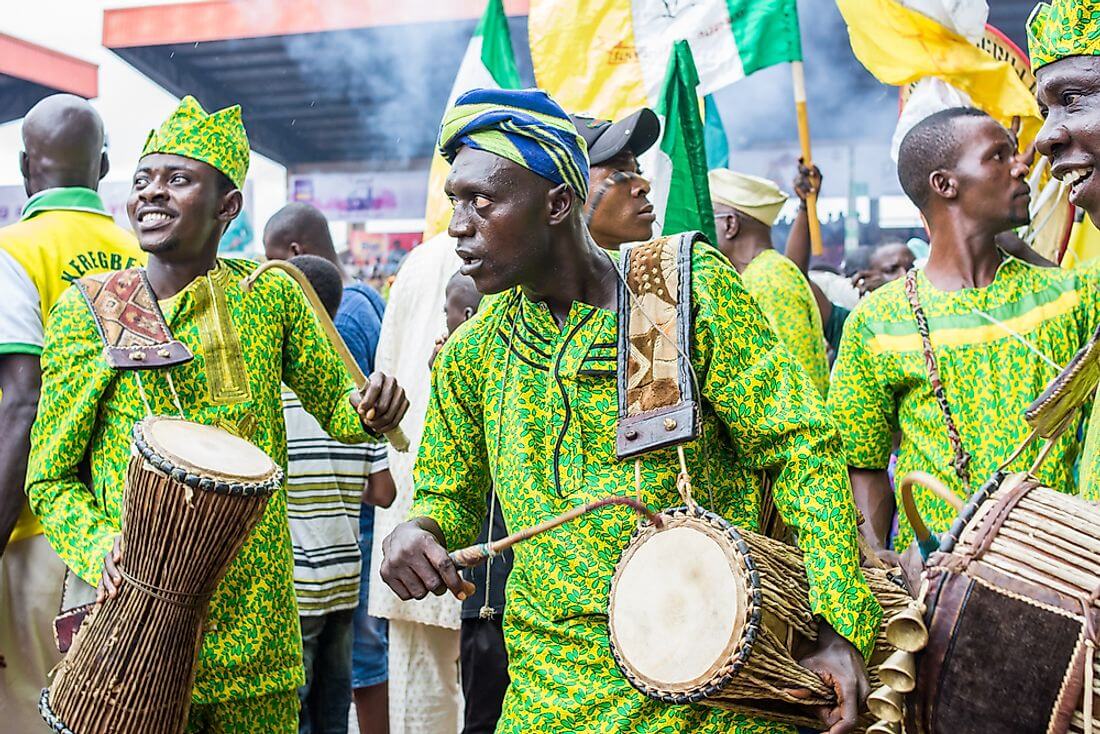
British Fashion Brand Timbuktu Accused of ‘Cultural Appropriation’ For Trademarking ‘Yoruba’
A British clothing retailer has come under fire for trademarking the name of the West African Yoruba people several years ago, igniting a debate online about whether trademarking names of ethnic groups amounts to cultural appropriation.
Timbuktu, an outdoor clothing brand based in northern England, filed to trademark the word “Yoruba” in 2015, records from the UK’s Intellectual Property Office show.
But the registration sparked anger when the owner of CultureTree, an African cultural center in London, wrote that she had attempted to trademark “Yoruba Stars” and claimed she faced a challenge from Timbuktu due to its similarity to the phrase the company had registered.
In the United Kingdom, a proposed trademark can be challenged if it conflicts or bears similarity to one that was previously approved.
The Yoruba people form one of the largest ethnic groups in western Africa, and make up around a sixth of Nigeria’s population.
“I thought it was really strange that a company would be allowed to trademark the word ‘Yoruba’, a tribe and language of millions of people,” CultureTree founder Gbemisola Isimi wrote, adding that Timbuktu had opposed her attempts to register her own phrase. “I feel this is the height of cultural appropriation,” she wrote.
Isimi, whose center teaches young people to speak Yoruba, went on to accuse Timbuktu of “attempting to claim sole ownership of a birth right belonging to the people of another continent.”
“I don’t think anybody should own ‘Yoruba,'” she added.
“I don’t think it should be allowed to happen.”
The practice of trademarked words relating to specific cultures, languages and locations is widespread, and Timbuktu is far from the first company to register such a term.
A controversial colonialist’s statue will remain at Oxford University, after college backtracks on removal
But CultureTree’s Twitter thread went viral and sparked a debate about colonial nostalgia in British business, and whether companies should use the names of ethnic minorities to promote products.
The use of cultural terms associated with empire, and modern-day celebrations of those involved in Britain’s colonization of other countries, have generated a fierce backlash in recent years. Last week, a debate over a statue of colonialist Cecil Rhodes at Oxford University was re-ignited after the college housing said they would not remove the monument.
Those debates have been heightened since a British government report dismissed the suggestion that institutional racism remains prevalent in the country.

